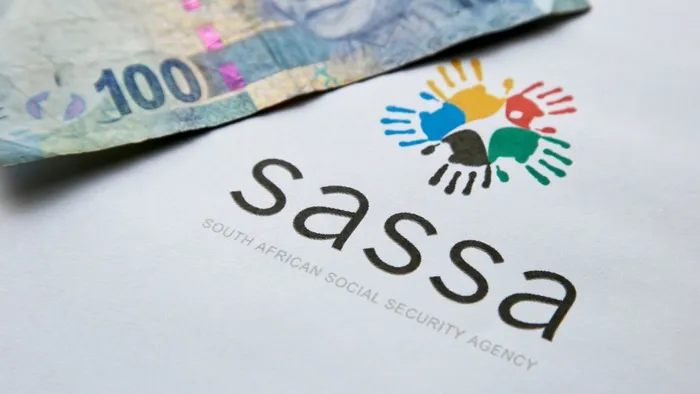Constitutional Court to decide on CPS's profits from unlawful social grants contract

The lucrative R10 billion social grants tender is still subject to litigation between the government, non-governmental organisations, and the company contracted to pay social grants.
Image: File
The long-running legal battle over the payment of social grants by Cash Paymaster Services (CPS) is set to be settled by the Constitutional Court over the company’s profits from the lucrative deal.
Lobby group Freedom Under Law (FUL) has approached the apex court in a bid to force CPS to produce documents proving the company earned from the unlawful social grants contract.
The organisation wants CPS’s profit from the contract to be calculated properly and repaid to the SA Social Security Agency (Sassa) with documents showing how much the profits were.
On Tuesday, the Concourt heard that CPS only declared R252 million and that the profit could be understated by as much as R800 million, according to papers filed by the parties.
“We now know, as the court did not know when it ordered the profit accounting, that CPS has significantly benefited from the unlawful social grants contract. Its independent audits filed with this court show the profits were R252m.
“That is the floor of its unlawful benefit. RAiN investigations and reports, while inconclusive, suggest that the amount may be over R1 billion,” FUL argued.
RAiN is the company of chartered accountants asked to investigate the profits received by CPS after the Concourt ruled that its contract was unlawful but allowed it to continue paying social grants.
The court heard that the Lesaka Group, previously CPS’ parent company Net1, advised the market that its loss of the Sassa social grants contract had led to a reduction of its profit by approximately R5bn.
“The no-profit, no-loss equilibrium allowed the court to permit an unlawful contract to continue for five years, and then even ordered it extended (beyond its original tendered and contracted term) for a further year and a half to protect the many millions of beneficiaries whose constitutional rights would be violated if the payment of social grants (however unlawful the means) ceased,” the court heard.
CPS is currently under liquidation, and its liquidators insist that they have handed all the documents in their possession to the auditors looking for the money paid to the company for its contract.
“We respectfully submit that this court should order a just and equitable remedy to ensure the determination of CPS’s profits in line with the proposals and considerations,” the company told the Constitutional Court.
FUL continued: “When the court held that the no-profit principle, which means not allowing profit from unlawfulness, and prevented the perpetuation of unlawfulness, it was clear that any such profits were received not as a private party but as an organ of state discharging constitutional obligations to ensure that beneficiaries’ rights were not violated by any disruption in the payment of social grants.”
FUL maintains that there is a need for an accurate assessment of the profits enjoyed by CPS, which is underscored by the fact that the initial and incomplete audit verification prepared by RAiN, and filed at the Concourt, suggests that the company’s profit may have been some R800m more than that its auditors reported.
Judgment was reserved on Tuesday.
loyiso.sidimba@inl.co.za
